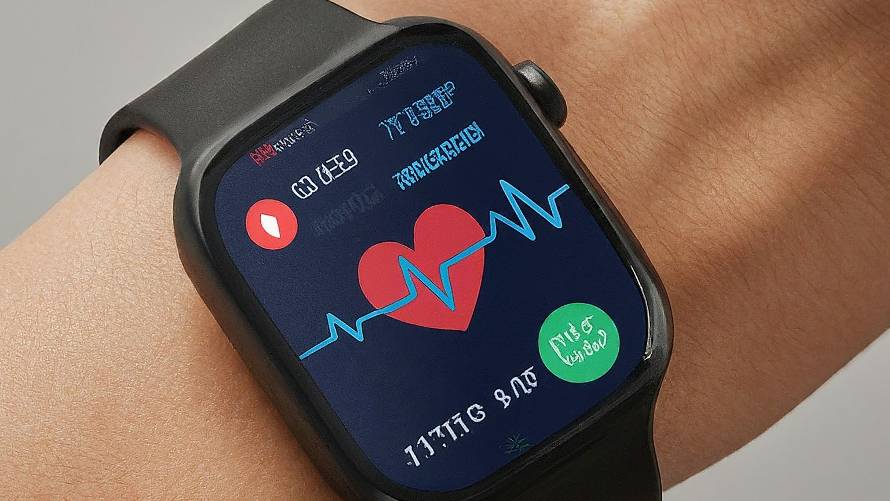Researchers from the Luxembourg Centre for Systems Biomedicine (LCSB) at the University of Luxembourg have developed a deep-learning model called WARN (Warning of Atrial fibRillatioN) that can predict the transition from a normal cardiac rhythm to atrial fibrillation, the most common cardiac arrhythmia worldwide. The model provides early warnings, on average, 30 minutes before onset, with an accuracy of around 80%.
Atrial fibrillation is associated with increased risks of heart failure, dementia, and stroke, making early detection and treatment crucial. However, current methods based on heart rate and electrocardiogram (ECG) data analysis can only detect atrial fibrillation right before its onset, without providing an early warning.
WARN Model Utilizes Heart Rate Data for Prospective Prediction
Prof. Jorge Goncalves, head of the Systems Control group at the LCSB, explains, “In contrast, our work departs from this approach to a more prospective prediction model. We used heart rate data to train a deep learning model that can recognise different phases – sinus rhythm, pre-atrial fibrillation and atrial fibrillation – and calculate a ‘probability of danger’ that the patient will have an imminent episode.”
Integration with Wearable Devices for Real-Time Monitoring
The WARN model has a high performance using only R-to-R intervals, which can be acquired from easy-to-wear and affordable pulse signal recorders such as smartwatches. “These devices can be used by patients on a daily basis, so our results open possibilities for the development of real-time monitoring and early warnings from comfortable wearable devices,” adds Dr Arthur Montanari, an LCSB researcher involved in the project.
The researchers aim to develop personalized models that continuously refine and retrain based on an individual’s heart dynamics, leading to enhanced performance and even earlier warnings. Prof. Goncalves concludes, “Eventually, this approach could even lead to new clinical trials and innovative therapeutic interventions.”

